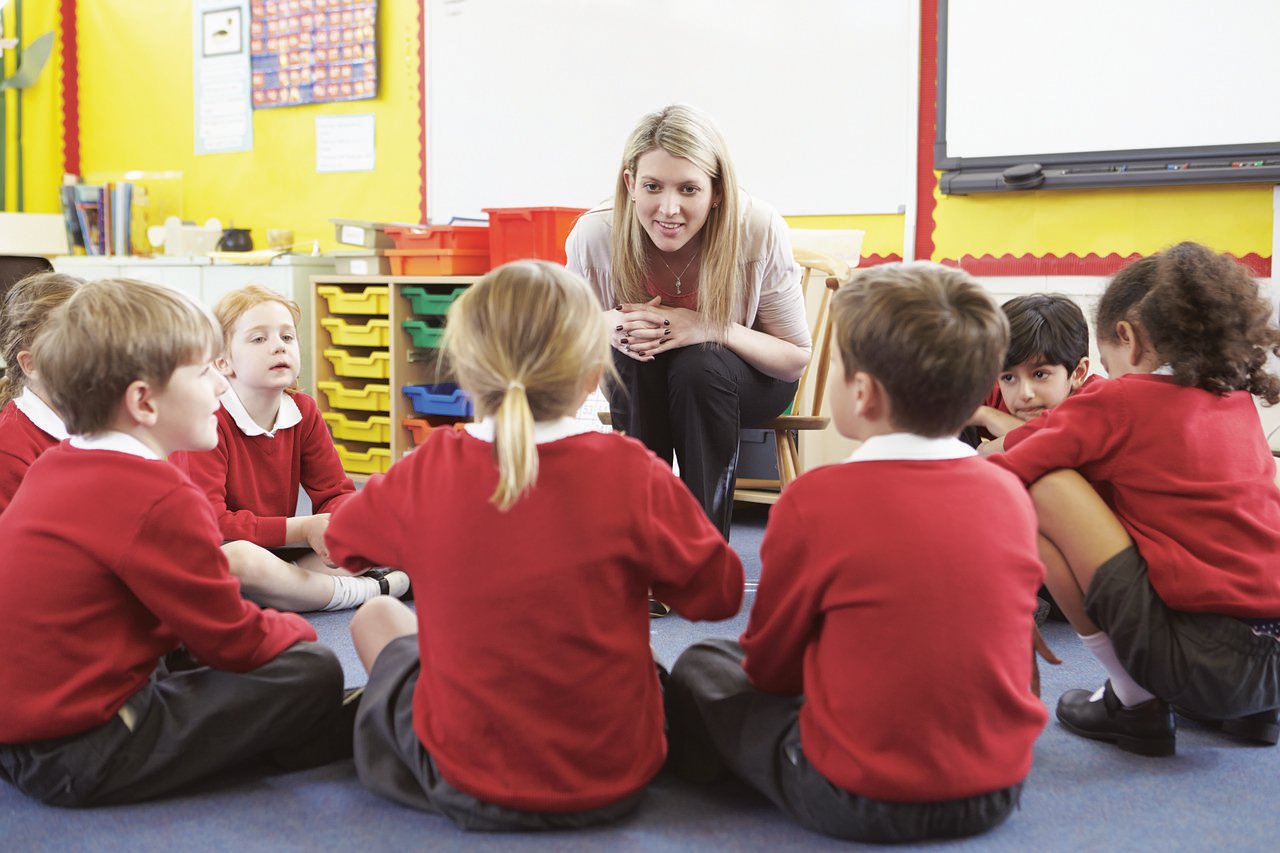
According to the well-known saying, you don’t get a second chance to make a first impression, so what takes place in that first lesson of term is crucial. Of course, it isn’t about making you, the teacher, look good and it isn’t just about managing student engagement and behaviour. It’s about gaining acceptance with your students, making them feel valued as individuals and fostering an environment of trust and mutual respect – and hopefully even making them see that learning can be fun.
Breaking the ice
Although some degree of pressure, such as a competitive context, can enhance learning, research has shown a clear link between higher feelings of stress and lower academic achievement,[1] so reducing students’ anxiety about the start of the new school year is key for successful learning. Icebreakers are a great way to ease start-of-term nerves and get students engaged in the lesson. Our 20 fun ideas for icebreakers are suitable for any subject and easily adaptable for different key stages. They range from well-established activities such as a scavenger hunt, through variations on classic games such as Taboo, to original ideas such as using sweets to colour-code discussion topics.
Learning students’ names
It’s always a challenge to remember everyone’s name in the first week of term, particularly when some students may look similar or have similar names, or else have names you haven’t encountered before and aren’t sure how to pronounce. However, research indicates that mispronouncing names can negatively affect students’ self-perception,[2] so it’s always best to double-check if you aren’t sure.
As with all learning, repetition is essential, and these 3 name games are a fun way of making names stick for teacher and students alike. They can all be used in any subject, and the ball game is suitable for any age group, from early years to adults.
Getting to know each other
To create a sense of community in the classroom, you obviously need to get to know your students and they need to get to know each other.
The three PowerPoint slides in this Getting to know each other template are ideal as a KS2–3 transition resource in any subject. Slide 1 contains questions about students’ expectations – of secondary school in general and the subject in particular – that can easily be adapted by inserting the relevant subject name. Slide 2 helps set guidelines for behaviour and slide 3 involves interviewing a partner about their hobbies and interests. Further getting to know you questions – both general and for specific subjects – are provided in Talk time: first lesson speed dating.
Whole-class activities can be daunting in a first lesson, but reporting back on a few chosen facts learnt during pair work or group work can be a good way of making sure that you get to know your students, as well as them getting to know each other. Getting to know you: mind map and interviews offers a carefully scaffolded series of activities to build students’ confidence speaking in front of the class. It’s ideal for EAL learners and can be extended into a class survey and graph drawing activity for a maths lesson.
What’s often forgotten is that it’s also important for your students to get to know you and to see you as a ‘real’ person, with a life and interests beyond the classroom. In the Lie detector game, the teacher models the activity by writing two truths and a lie on the whiteboard and asking students to guess which one is false. Students can then play in groups or as a whole class.
Of course, first lesson activities like these are just the beginning. Building a supportive classroom environment is an ongoing goal throughout the year, and there may well be opportunities later to repair misunderstandings and improve relationships, but everyone will feel greatly reassured if the first lesson of term gets off to a good start.
Find more resources like these, for a range of subjects and key stages, on our Icebreakers and getting to know you activities page.
[1] Michaela C. Pascoe, Sarah E. Hetrick & Alexandra G. Parker. The impact of stress on students in secondary school and higher education in International Journal of Adolescence and Youth (2019).
[2] Kohli and Solorzano (2011) in UCL Teaching toolkits Creating safe spaces for students in the classroom.
